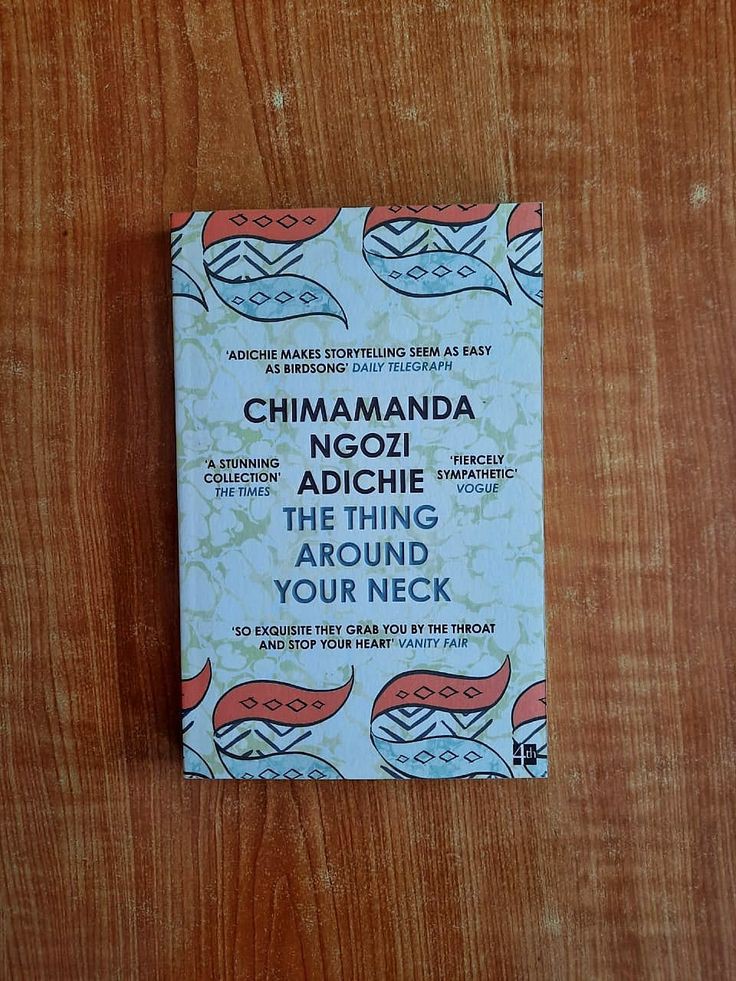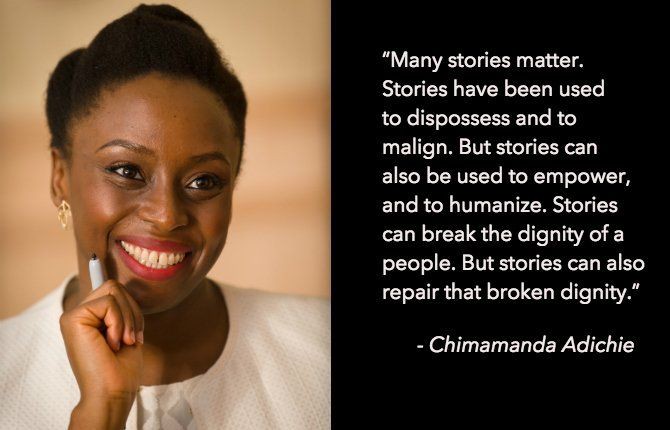
Don’t have a book for the season? Try out Chimamanda’s The Things Around Your Neck!
The concept of book reviews being objective is ridiculous. How do you squeeze the creativity and sheer personality of a reviewer to a mere 500 words where all she writes are bogus adjectives describing, in vague manners, how much they enjoyed or disliked a book?
The absence of self while reading is a difficult, if not impossible, task. While we read, some part of us sips into the interpretation. We could read the same book and have different “objective” reviews. It is possible, and it happens. A book about police brutality can also indiscriminately criticize the police force to another reader. The question is, what lens are you viewing it from? The oppressed or the oppressor?
This intro is essential for this review because I was both parties while I read The thing around your neck, a classic by Chimamanda Ngozi Adichie. Regardless of how the book hurt, I couldn’t put it down.
First off, I start with my rating. I give it a solid 8. It felt like the first time I drank Schweppes. It tasted hopefully sour at first, then sweet before becoming awfully sour again.
Chimamanda Ngozi Adichie has always been vocal about her stand as a feminist. She wears it on her sleeve, and with her book, she took it to her neck—a collection of stories of females that have gone through thick and thin.

In her book, we see her not demonize men but rather criticize the system, which are blatant men that feel they are supreme. She showed us what many Twitter, or is it X, patriots never think to do. She told the truth with her stories.
So why did it feel hopefully sour at first? Books show readers the character’s thoughts. They strip the characters naked so that there is nothing to hide. We have the whole of them to chastise and criticize. And often, that’s what makes books beautiful.
Her book exposes how the communion between men and women is flawed. People think if she is not complaining, she probably likes it. You graze her thighs, or you peck her without her consent. Little gestures that don’t look like much but are. Shady jokes about a lady’s sensual appearance or unwelcomed compliments and advances. It made me wonder if there were any situations this might have happened to me. I felt chills run up my spine.
However, the book was not all sour. It got sweet as it didn’t always dwell on the sadness and bitterness that both genders share. The story looked at the bright side as well. It showed how a union should be. It felt like a book of words and the opposite.
I am criticizing while also showcasing what it is meant to look like!
The awfully sour part was the book should have been the thing around her neck. Although I saw through the lens of a man, it was just a chapter. After that chapter rolled by, I was stuck with several feminine perspectives, which as a man, just made me feel unheard. This in no way destroys or strips down the quality of the book. However, it made me wonder if this cruel society is only unfair to women.
I wish I could see how men also gets the butt of the gun in today’s world. I understand that Chimamanda is a female author, so I don’t put it against her. She is more inclined to know about women’s struggles than men. But your instead of her in the book title made me a bit too hopeful that she might also tell my story.



Leave a Reply